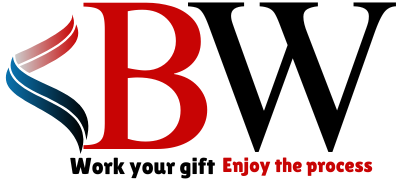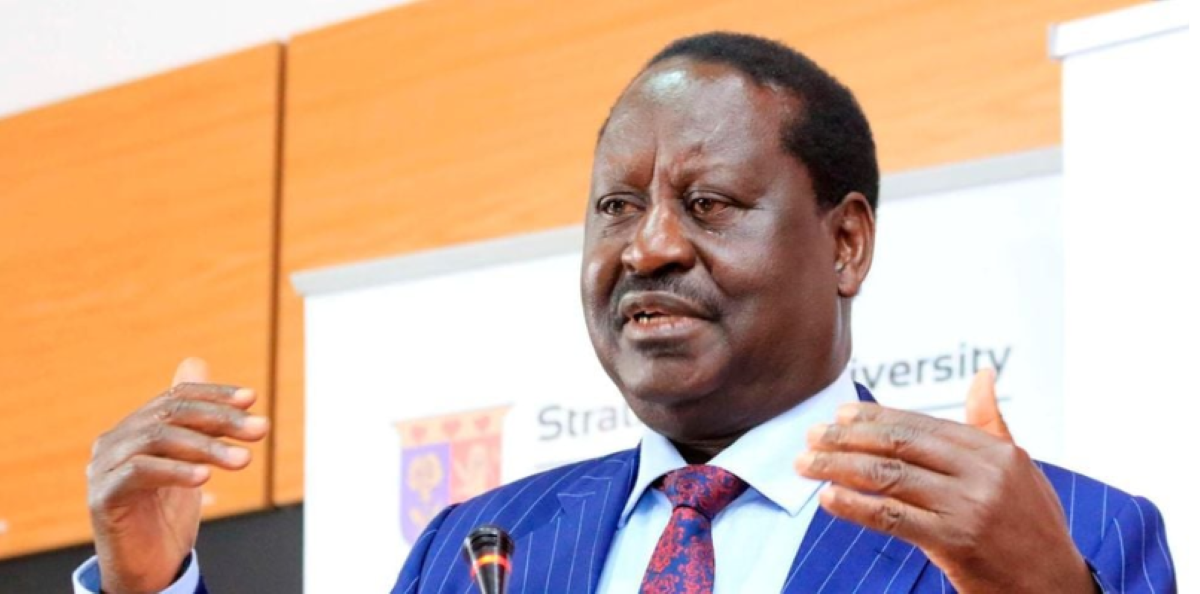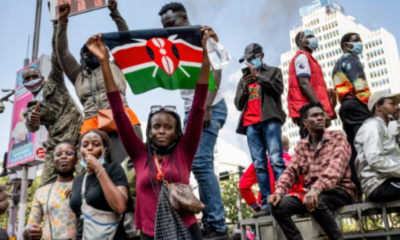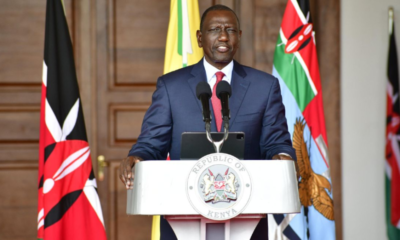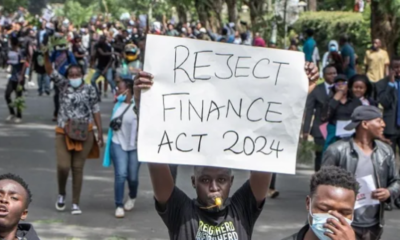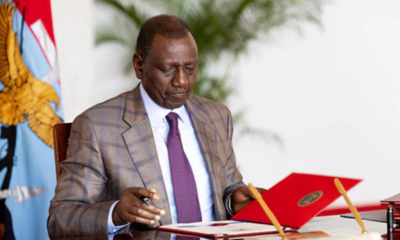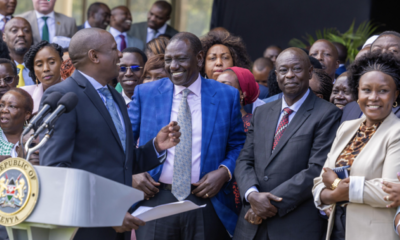Raila Odinga, a prominent Kenyan politician and former Prime Minister, has recently announced his candidacy for the Chairmanship of the African Union (AU). His bid for this influential position has generated significant interest and speculation, prompting an analysis of his chances of winning. To evaluate his candidacy comprehensively, let’s conduct a SWOT analysis.
Strengths:
- Political Experience: Odinga boasts a long and distinguished political career in Kenya, having served in various capacities, including as Prime Minister. His experience navigating complex political landscapes could be advantageous in leading the AU.
- Regional Influence: Odinga enjoys considerable influence within Kenya and the broader East African region. His support base extends beyond national borders, potentially bolstering his candidacy through regional alliances.
- Reform Agenda: Odinga has been vocal about the need for reform within the AU, particularly in areas such as governance, democracy, and peacebuilding. His commitment to advancing these agendas may resonate with AU member states seeking progressive leadership.
Weaknesses:
- Past Controversies: Odinga’s political career has been characterized by disputes and claims of electoral violence and fraud. These issues could undermine his credibility and raise concerns among AU member states about his suitability for the chairmanship.
- Limited Diplomatic Experience: While Odinga has extensive political experience domestically, his track record in international diplomacy is relatively limited. Diplomatic skills and networks are crucial for effectively navigating the complexities of AU leadership.
Opportunities:
- African Unity: As the AU seeks to strengthen continental integration and unity, Odinga’s candidacy presents an opportunity to rally support around a candidate from East Africa, thereby promoting inclusivity and regional representation.
- Youth and Innovation: Odinga has expressed a commitment to promoting youth empowerment and harnessing innovation for Africa’s development. Embracing these priorities could resonate with younger generations and progressive member states seeking visionary leadership.
Threats:
- Regional Rivalries: Competition from candidates representing other regions of Africa could pose a threat to Odinga’s candidacy, particularly if regional blocs within the AU coalesce around alternative nominees.
- Geopolitical Dynamics: External factors, such as the interests of major global powers or geopolitical tensions within Africa, could influence the outcome of the AU Chairmanship election and pose challenges to Odinga’s bid.
In conclusion, Raila Odinga’s candidacy for the Chairmanship of the African Union presents a mix of strengths, weaknesses, opportunities, and threats. His extensive political experience and regional influence provide a solid foundation for his candidacy, but challenges such as past controversies and limited diplomatic experience must be addressed.
Ultimately, the outcome of the election will depend on a variety of factors, including intra-African dynamics, geopolitical considerations, and the perceptions of AU member states regarding Odinga’s vision for the organization’s future.
